The International Shariah Research Academy (ISRA) was established in 2008 by the Central Bank of Malaysia as an Islamic finance and Shariah research institution. ISRA is recognized globally as a leading Global Premier Research Academy in the Islamic Finance industry, and has more than a decade of experience verifying and providing essential research on Islamic Finance to some of the top institutions around the world. In February 2021, ISRA endorsed UNHCR’s Zakat collection and distribution mechanisms as Zakat-compliant. The endorsement …
Author: tamara
The Muslim World League (based in the Holy City of Mecca, Kingdom of Saudi Arabia) was established in 1962 following a resolution adopted during a meeting of the World Muslim Congress, held in the Holy City of Mecca on 14 Dhu Al-Hijjah 1381 AH (May 18 1962 AD). It is is one of the most important Islamic organizations in the world and aims to “present the true Islam and its tolerant principles, provide humanitarian aid, extend bridges of dialogue and …
The Islamic Research Academy at Al-Azhar Al-Sharif announced its first global advocacy initiative in collaboration with the UN Refugee Agency, UNHCR, to inspire kindness and support to the most vulnerable displaced persons over the winter months. This initiative comes with the onset of winter and worsening economic crisis exacerbated by the COVID-19 pandemic, adding to the challenges faced by over 3.8 million refugees and internally displaced persons (IDPs) in dire need of assistance. The initiative, titled “30 Days of Kindness”, is being launched under the guidance of His Eminence Dr. Ahmad Al-Tayeb, Grand Imam of Al-Azhar, as part of his support for Al-Azhar’s humanitarian role at the regional and …
The International Islamic Fiqh Academy (IIFA) was created in 1981 and is located in Jeddah, KSA. It is a subsidiary of the Organisation of Islamic Cooperation (OIC), which is the largest organization representing the Muslim world with a membership of 57 states spread over four continents. The Academy’s mission is to provide religious guidance on modern legal, social, cultural and economic issues. It is an international body composed of over 65 Muslim scholars from all over the world and is …
Based upon our previous report and taking into consideration new fatwas from Dr Sheikh Ali Gomaa and The Fatwa Council of Tareem, Tabah approves UNHCR’s plan to distribute goods in place of cash provided that UNHCR can show that goods are purchased at a fair market price, and proof of delivery of said goods. Additionally, UNHCR may use Zakat to cover charges related to the storage and transport of said goods. This arrangement is only recommended in locations where the …
The Fatwa Council of Tareem is located in Hadramaut, Yemen. Hadramaut has been a major centre for scholarship for over a millennium and has produced many of the world’s leading Shafi’i scholars. The fatwa starts by reasserting that Zakat funds must be distributed to the categories mentioned in the verse 60 of Surah 9 in the Quran: {Zakat expenditures are only for the poor and for the needy and for those employed to collect [Zakat] and for bringing hearts together …
Dar al-Ifta al-Missriyyah is one of Egypt’s centers for Islamic legal research. It was established in 1895 and is considered one of the earliest modern fatwa producing institutes. Dar al-Ifta al Missriyyah is among the pillars of the religious foundations in Egypt, which include Al-Azhar Mosque, Al-Azhar University, Ministry of Religious Endowments, and Dar al-Ifta al-Missriyyah. It plays a significant role in giving rulings to the masses and in consultation to the judiciary in Egypt. The fatwa starts by stating …
The Council of Senior Scholars of Morocco is the highest official religious authority in Morocco, and includes a fatwa council. It follows the Maliki School. The fatwa starts by reasserting the importance of Zakat as one of the five pillars of Islam. It then explains that Muslims must give Zakat on their own to legitimate beneficiaries from their countries, who are the categories mentioned in the Quran, Surah 9, verse 60. But it is also allowed to transfer some or …
Philanthropy has evolved over the past century and driven some of the most profound social impact success stories. At UNHCR, we develop partnerships with aspirations of achieving audacious results and successes. Our Refugee Zakat Fund is an innovative initiative that hopes to bring a catalytic and systemic change in the way we approach and perceive ‘giving’ in general, as well as, the way we look at support for refugees – dignified support. Of course, we cannot aspire alone. It takes …
Last Ramadan, UNHCR field staff in Lebanon and Jordan asked Syrian refugee families about how they are spending Ramadan – and we discovered something beautiful. Despite living in severe need, refugee families are praying for others every single day during Ramadan and beyond. Please watch this heartwarming video that we made out of the prayers that were caught on camera… “I pray for all mankind, may god enrich our hearts with kindness towards each other, and put mercy in the …

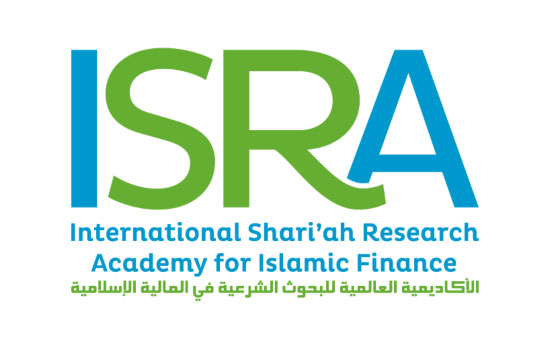
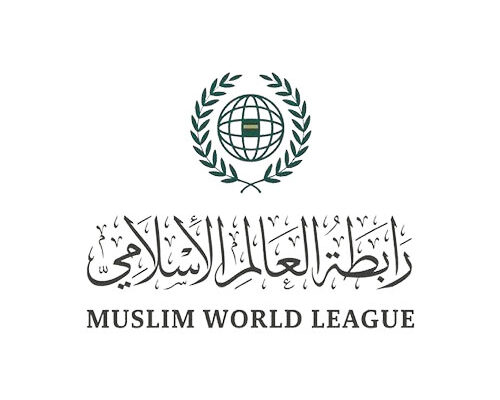
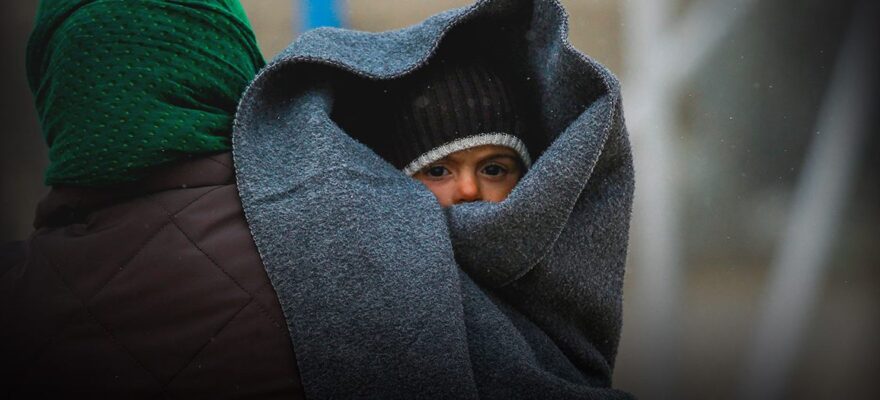
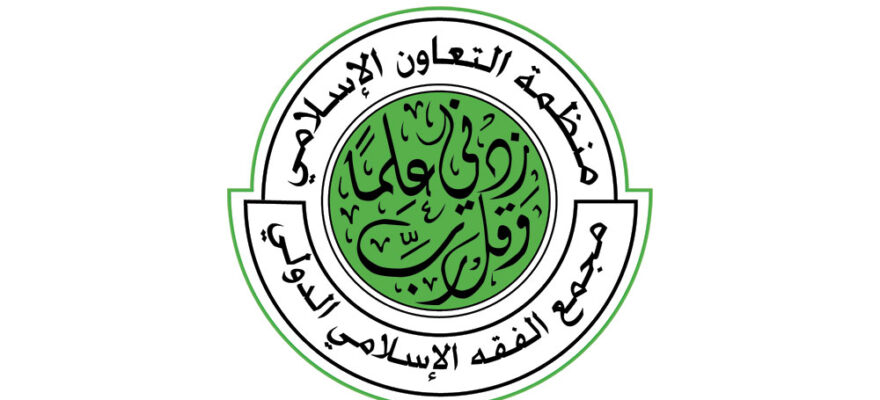
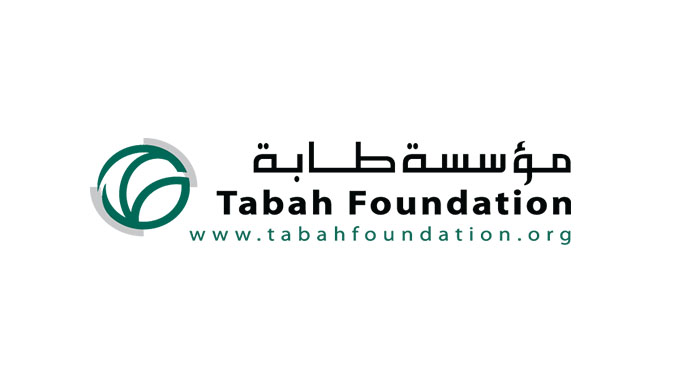
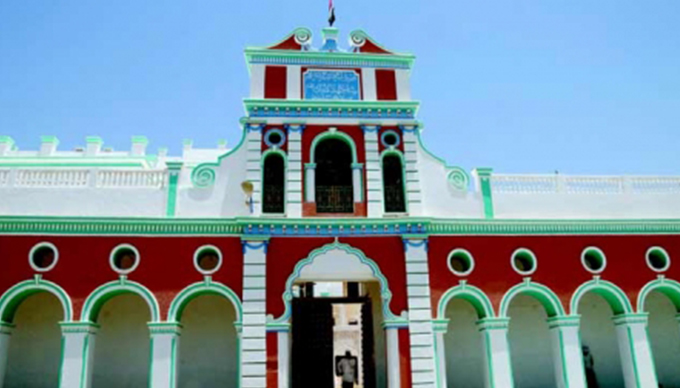
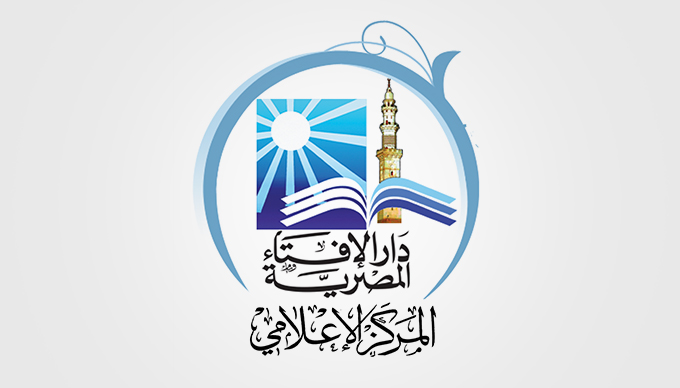
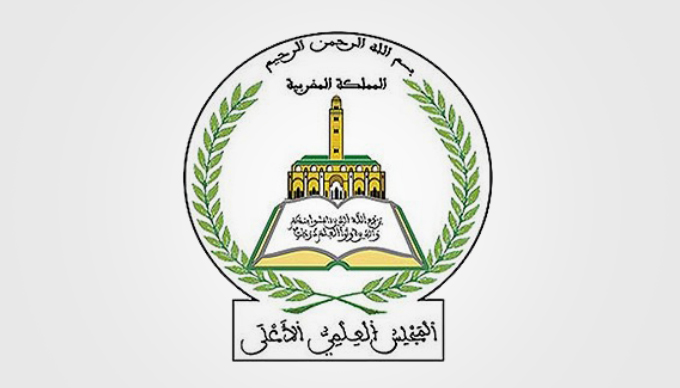
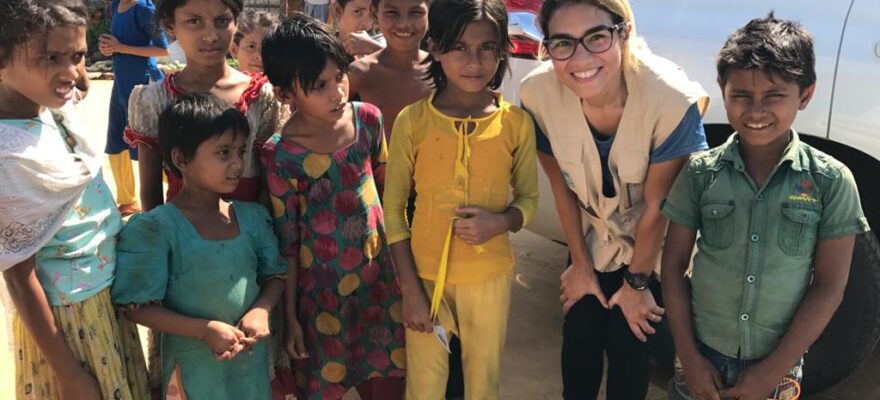




Social Profiles